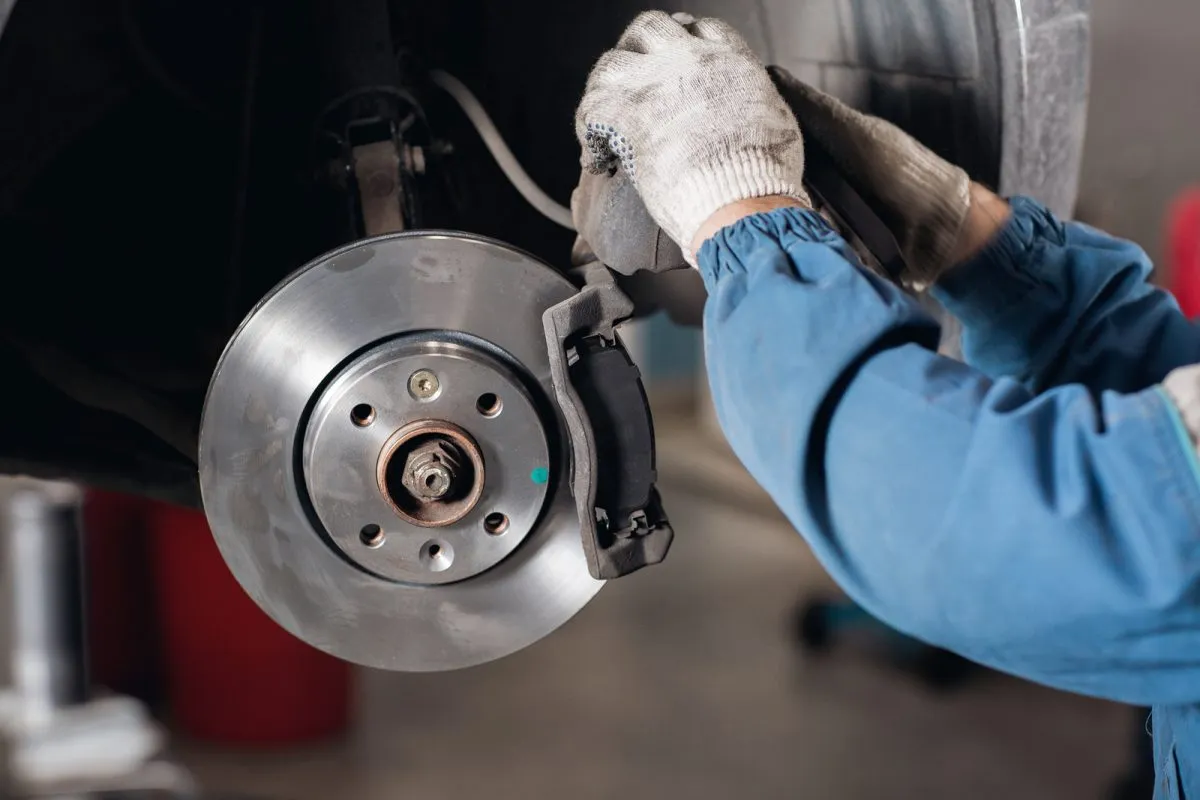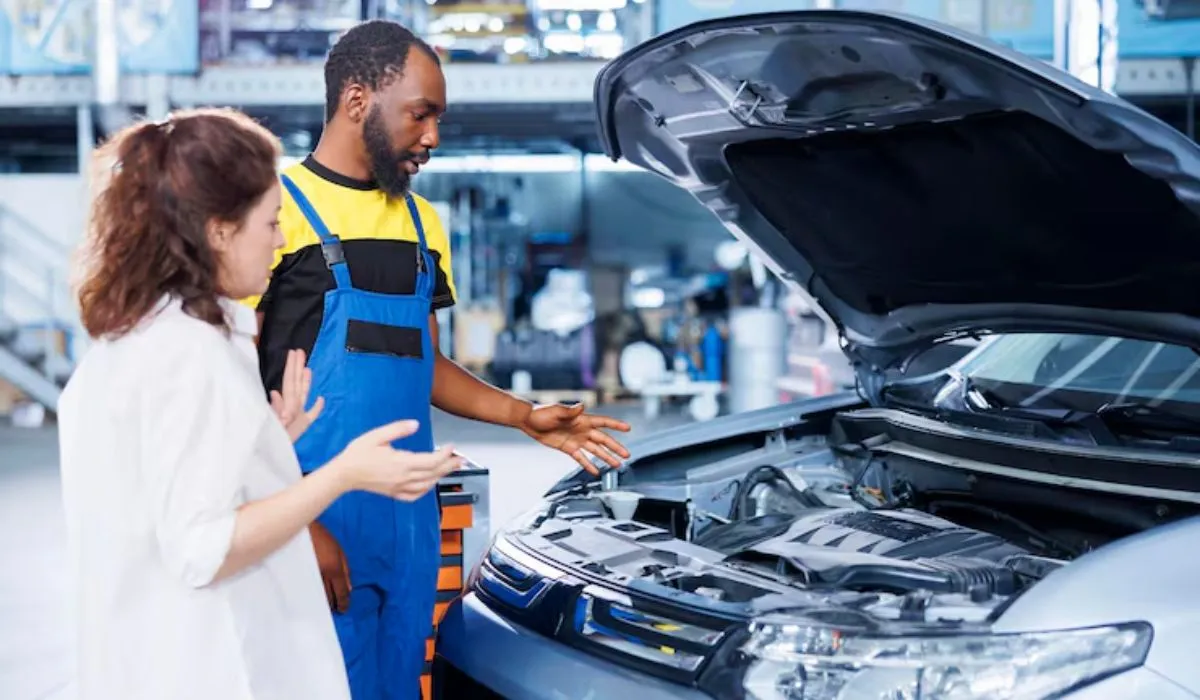In the handbook that came with your vehicle, there ought to be a recommended arrange for the support of your brakes. In any case, a great run the show of thumb is to check your brake cushions each 12,000 miles and recharge your brake liquid each 25,000 miles. These figures are subordinate on the car you drive and the way you drive.In expansion to being able to choose which brakes are fitting for your vehicle, a trustworthy auto parts shop will too be able to carry out any other more troublesome upkeep and repairs that may be required.
Here are five keys to brake support that will offer assistance you remain secure on the roads:
Check Brake Cushions and Rotors
The brake cushions and rotors are the point of contact between your braking framework and your tires. These components break down more effortlessly than other components and require more visit upkeep. Grinding between the tires and the brake cushions cause warm, and this warm wears down the brake cushion. It is vital to assess the quality and profundity of the cushions to make beyond any doubt there is adequate resistance.
If you take note you require to discourage your brake pedal encourage or scent a burning odor, or the separate it takes to halt increments radically, it may be time to check and supplant your brake cushions and rotors. To check your brake cushions and rotors at domestic, you require as it were expel the tire to survey the wear. If you take note wear or harm, supplant them quickly, or take them to an auto shop for a circle brake repair service.
Read more:- Best Fuel-Saving Driving Techniques for Long Trips
Flush Your Brake Fluid
When you discourage your brake pedal, weight builds and is exchanged through the brake liquid from the ace barrel, through the brake lines, and into the calipers, which exchange this weight to the brake cushions and rotors. Brake liquid is, hence, amazingly critical since it is the messenger between you and your car’s braking system.
Unfortunately, brake liquid pulls in dampness, which can be profoundly harming to your braking framework. Dampness in the brake liquid causes erosion of the metal components of the brakes and decreases the bubbling point of the liquid and influences the viability of the brakes.
Brake liquid ought to be checked and changed each 25,000 miles. A cloudy or smooth quality shows the liquid must be changed.
Drain the Brake Lines
In expansion to flushing the brake lines to alter the brake liquid, it is too a great thought to drain the brake line to expel abundance discuss. When little sums of discuss ended up caught interior the brake line, it can diminish the viability of the braking system.
Bleeding the framework expels the discuss from the brake line by discouraging the brake pedal whereas altering the bleeder valve, and this ought to be done each 2– 3 a long time. This can be completed amid a scheduled brake review service.
Supplant or Update Brake Parts
Sometimes it may be vital to supplant a few components in your braking framework, and this can be a great opportunity to update to higher execution or specialized components. Parts such as opened circle brakes which are more warm safe or exchanging to ceramic cushions, which are calmer and deliver less brake tidy, are prevalent upgrades.
Upgrading and supplanting brake parts when vital will progress the life span and execution of your vehicle’s braking system.
Braking Framework Care
One of the most successful ways to guarantee the execution of your brakes is to see after them. There are numerous outside components that contribute to brake weakening, such as:
- Carrying as well much weight
- Unnecessary, late, or overwhelming braking
- Wet weather
Your brakes will proceed to work way better for a longer period of time if you dodge these and other scenarios that might impede your braking execution at whatever point it is doable to do so. This will moreover reduce the chance of events that are associated to brake failure.
Final Thoughts
Your brakes are your security on the street, and guaranteeing your brakes are in idealize working arrange is fundamental to ensure yourself and your travelers, as well as those around you. Keep up all braking components and dodging perilous driving hones will ensure your brakes work productively.
.png)










